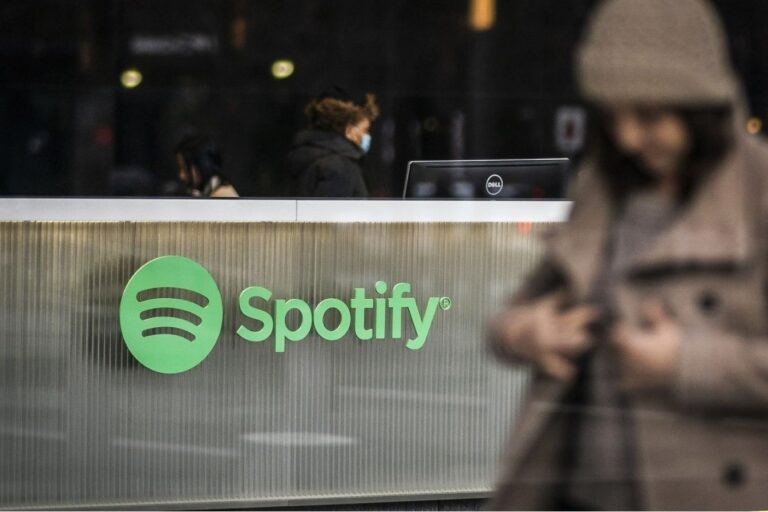The ongoing debate surrounding return-to-office (RTO) mandates has sparked polarised views across industries. While corporate giants such as JP Morgan, Amazon, and WPP are urging employees to return to their desks, companies like Spotify are embracing flexible, remote work models. This divide raises pressing questions about the future of work and its impact on employee engagement.
Spotify’s HR leadership has vocally defended their “Work From Anywhere” policy, emphasising trust and autonomy in its workforce. They argue that flexibility is not a luxury but a necessity, with internal data showcasing high retention rates and employee satisfaction. Their approach challenges traditional office models and suggests remote work is a critical driver of engagement and loyalty.
Conversely, organisations enforcing RTO mandates cite collaboration and culture as key reasons for requiring in-person attendance. Proponents argue that physical office interactions spark innovation and foster team dynamics that are hard to replicate online. Companies like JP Morgan stress the value of mentoring, camaraderie, and the “watercooler moments” that occur in shared office spaces.
However, critics caution that these mandates may come at a cost. A recent Gallup report highlights potential risks, including lower employee engagement and increased absenteeism. Many workers now view remote work as an enabler of better work-life balance, with 97% of respondents in Buffer’s “State of Remote Work” survey expressing a desire for flexibility in their work arrangements.
For some, RTO policies could exacerbate challenges related to diversity, equity, and inclusion (DEI). Caregivers, disabled employees, and those in long commutes may face disproportionate hurdles, potentially hindering organisational efforts to create inclusive workplaces. Furthermore, practices like “coffee badging”—where employees briefly appear in the office to fulfil attendance requirements—highlight the potential pitfalls of poorly executed hybrid policies.
Despite the resistance, advocates of in-office models believe RTO can strengthen accountability and rebuild connections lost during remote work periods. Leaders also argue that returning to physical workplaces can help address “quiet quitting”—a term describing employees who disengage without formally leaving their roles.
Zing Events, a team-building organisation, believes the key to successful workforce engagement lies not in the location of work but in fostering meaningful connections. By prioritising employee engagement through innovative strategies, companies can create resilient cultures that thrive in remote, hybrid, or fully in-office settings.
The debate underscores the importance of flexibility. Forward-thinking organisations may benefit from hybrid models that balance autonomy with collaboration. As Spotify has demonstrated, empowering employees through trust can deliver tangible results. On the other hand, companies favouring RTO must ensure transparent communication and meaningful benefits to make the policy valuable for employees.
Ultimately, the future of work is less about where it takes place and more about how effectively organisations cultivate engagement, innovation, and shared purpose—whether at home, in the office, or both.

